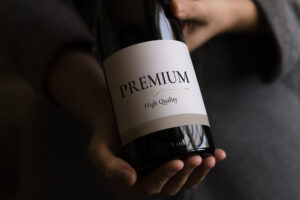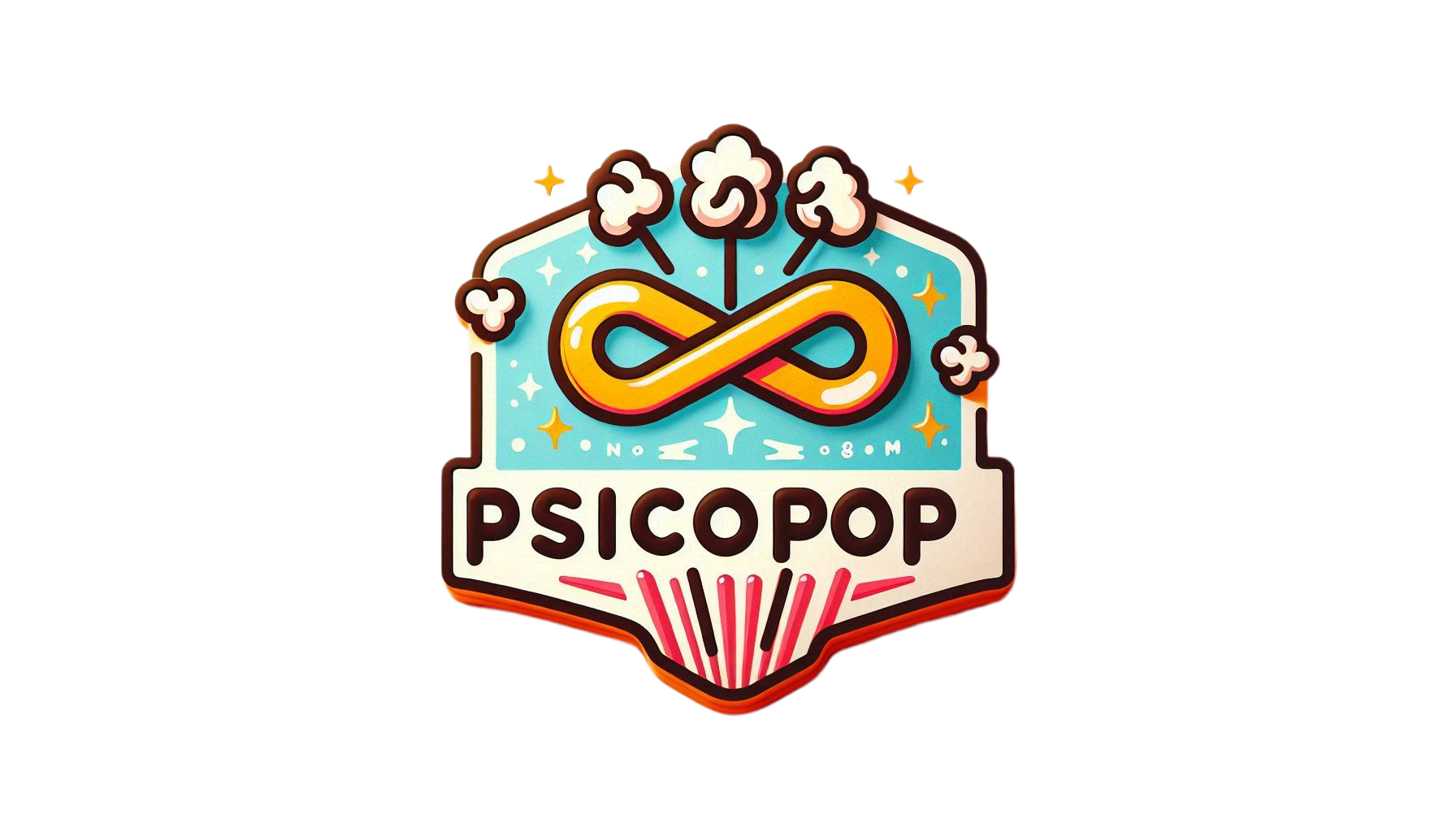Due to economic growth, some people become rich, but even when they have countless things, they don’t feel happy. Why do they want expensive things like watches or handbags? Can these objects actually make them feel better?
Let’s look at why people want luxury items. They are a sign that these expensive items mean more to people than simply for their utility. They help to understand their reasons, showing the difference between buying things for a quick happy moment and buying things for true happiness.
 There is more to a luxury handbag than just looks and famous names: it is about our feelings and desires. Buying such an object tells a story that is bigger than having the money to pay for it, because buying it is not just about getting the item: it is a confidence boost, it is protecting yourself from feeling depressed, and it is a quiet way of showing others where you stand in life.
There is more to a luxury handbag than just looks and famous names: it is about our feelings and desires. Buying such an object tells a story that is bigger than having the money to pay for it, because buying it is not just about getting the item: it is a confidence boost, it is protecting yourself from feeling depressed, and it is a quiet way of showing others where you stand in life.
The psychology of luxury stresses that people buy expensive items to elevate their social status and self-esteem. Others do so to build their “experiential resume”.
Thorstein Veblen, an economist and sociologist, talked about the idea of “conspicuous spending” . He wrote about how people use expensive purchases to show off their wealth rather than simply to meet their basic needs, but this is about more than just showing how much you can buy: it is about seeking the approval of others.
When you buy a luxury bag, it’s not just a purchase on a whim: you choose carefully to help deal with a world where what people think of us becomes our truth.
Often, for those with the paradox of money, being rich doesn’t mean feeling happy inside: buying luxury is like going on the hunt to find something to fill this space in our feelings.
 Michael Norton, psychologist and professor of business administration at Harvard Business School explains that “there is a social comparison aspect to outdoing other people in our consumption. If I have a better bottle of wine than you, then I win” .
Michael Norton, psychologist and professor of business administration at Harvard Business School explains that “there is a social comparison aspect to outdoing other people in our consumption. If I have a better bottle of wine than you, then I win” .
This principle allows us to understand, based on the psychology of luxury, why people buy expensive goods: it is, in large part, a competition for high social status in which self-esteem plays a fundamental role.
The self-congruence theory explains that people buy products that they believe are consistent with their self-image, to consolidate the identity of the “self” through purchases.
On the other hand, Isabel González, a digital marketing professional, pointed out that“when there is a difference between self-perception and self-concept, there is a dissonance, a state of mental stress, which makes the customer feel dissatisfied with the purchase. The interaction between product image and self-image is determined by the need to obtain” .
💡 In other words, the consumption of luxury products is motivated, says González, by the need to impress others.
Products are made in factories, but brands are created in the mind.
Research from the California Institute of Technology (Caltech) and Stanford University noted that, for example, the high value of a product like wine often determines its quality among a non-enology-savvy public:“Not only do people rate the same wine better when they are told it is pricier, but functional magnetic resonance imaging taken of their brains while they were drinking the wine suggests that participants enjoyed it“.
Anat Keinan and Ran Kivetz noted in the research “Productivity mindset and consumption of collectible experiences” that consumers desire unusual consumption spaces.
💡 Many people choose to stay in ice hotels and eat in restaurants that serve quirky foods, such as pork ice cream. These choices are driven by consumers’ efforts to use time productively.
🧠 By collecting memorable experiences, people gain a sense of achievement and progress, improving their self-esteem.
What drives us to buy high-end products?
The answer lies in the complex interplay between psychology, social status and the satisfaction in luxury on a personal level:
- The status symbol effect: the desire for social status and recognition because luxury products can serve as visible symbols of success and opulence, having to achieve a certain level of success or prestige, enhancing your social identity and self-esteem.
- Hedonic value: the human brain responds differently to luxury products compared to ordinary ones. The anticipation and purchase of premium items triggers the release of dopamine, the neurotransmitter associated with pleasure and reward. Thus, an emotional layer is added to luxury purchases seeking heightened sensory experiences.
- Perception of quality: consumers often associate luxury products with superior quality and durability; this perception can be a significant motivator for people who prioritise longevity and value in their purchases.
- The exclusivity factor: Luxury brands typically limit the availability of their products, creating an aura of exclusivity. This scarcity effect exploits the FoMO principle (fear of missing out) and when consumers believe that an item is rare or difficult to obtain, they may intensify their desire to own it. Limited editions, for example, and unique designs play an important role.
- Self-expression and identity: These purchases can serve as a means of self-expression and identity formation, communicating aspects of their personality, values and lifestyle, projecting their desired image in the world.
- Reward for a milestone: luxury items can act as tangible rewards for personal achievement. Behavioural economics suggests that people are more likely to indulge when they feel they have earned it, a self-reward mechanism.
- Social comparison theory: where people evaluate their worth and abilities in relation to others. It may be a desire to keep up with or surpass the perceived lifestyle of friends, colleagues or social influencers. The “competing with neighbours” mentality can be a powerful motivator.
- Emotional connection: Often, these types of products excel at creating emotional connections with consumers through stories, heritage, and brand identity. These connections can foster brand loyalty and make consumers more inclined to choose luxury options over alternatives.
Understanding these drivers can help both consumers make informed choices and luxury brands create effective marketing strategies that resonate with their target audiences. I insist: luxury shopping is not just about products, but about satisfying emotional and psychological needs that make it a fascinating subject for study and exploration.
New ways of thinking about luxury
A luxury handbag can be beautiful, or even the opposite, but the real reasons people buy them go much deeper than just their looks: they are about more than money, they are about personal victories and stories of getting better at something. They are a way of patting themselves on the back for hanging in there, working hard or recovering from hard times.
💡 The value of the stock market is not only about its high cost, but also about the personal goals or dreams it represents.
However, there is another side: these items begin to signify an “I did it”, i.e. there is a hidden pressure to keep up with the one they represent to society. Worries about not fitting in or losing our place can make us buy even more, tying too much of our sense of value to the things we own.
☝🏻 Social media makes it harder, showing perfect lives dressed up in fancy things, and it’s easy to start to feel like we’re in a competition we never signed up for, leading to unhappiness.
The old way of looking at luxury was about how weird or flashy it was, but this view often misses a big part: real, deep happiness. The true form of luxury might not be about the brands they show off, but about how good and while we feel inside. Maybe it’s time to look at things differently.
Could a bag, no matter its label, be luxurious if it fits your style, has a special meaning or celebrates a great personal victory?
This new way of thinking asks us to find luxury in what we do, how we grow and who we are with, not just in what we have.
The joy of a short trip, learning something new or a special moment with friends and family could be as exciting or even more so than the buzz of getting a new high-end bag. It means looking beyond and realising that there are many ways to feel rich on the inside.
Smart luxury
When looking for luxury goods, we often forget to be mindful. Mindfulness is about paying attention to the present moment and making mindful decisions. When it comes to luxury goods and shopping for goods in general, being mindful doesn’t mean we have to stop shopping: it means shopping in a way where we really think about the greater effects of our choices on ourselves, other people and the world at large.
We should stop for a moment and ask ourselves, “Is this what I really want to buy? Does it match what I believe in? Or am I trying to be like everything else?“.
☝🏻 Smart luxury means choosing things that last longer than buying more. Valuing the story behind items rather than simply getting them at the time. Thinking about the environment rather than buying without thinking.
It means looking at where this desirable bag comes from, learning about how it was made, and thinking about how it affects the world and us on a deeper level. This idea goes beyond buying things the right way: it’s about making choices that make us feel good inside, that give meaning to our lives, and that help us feel part of something bigger than ourselves.
📎 Alcaine, A. [Albert]. (2025, 13 March). Psychology of luxury. PsicoPop. https://www.psicopop.top/en/psychology-of-luxury/
📖 References:
